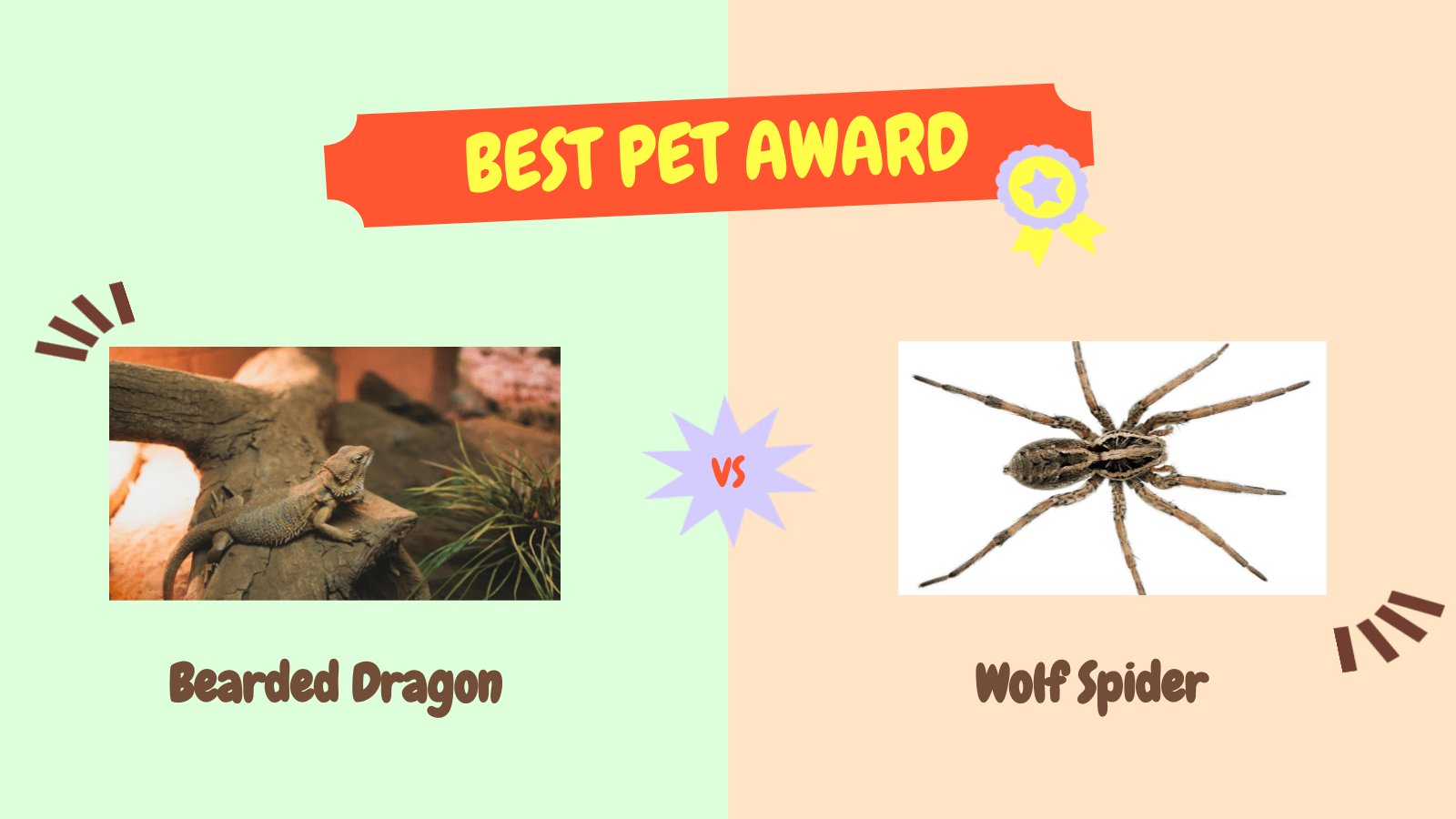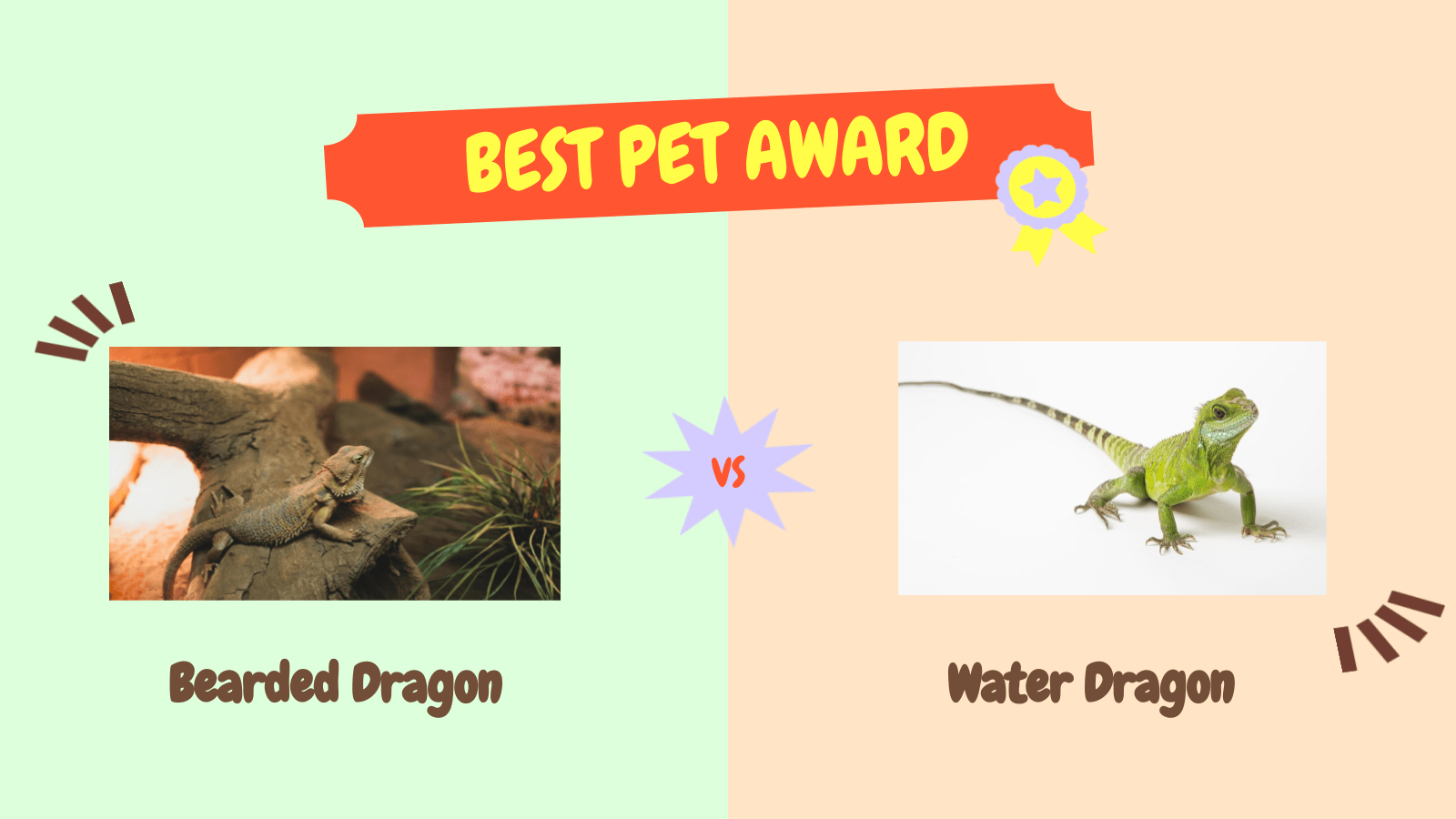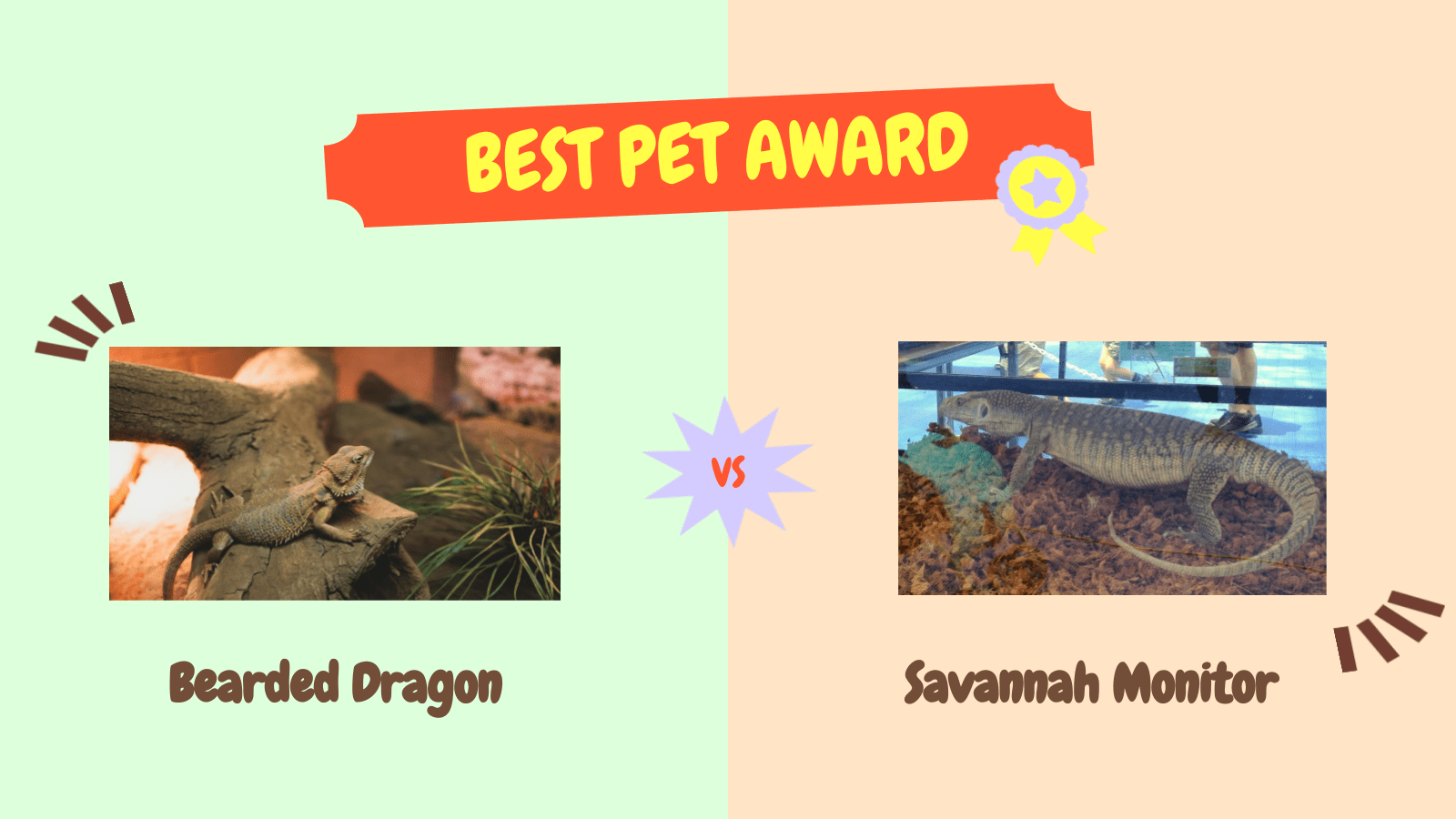Are you finding it confusing when your bearded dragon turns away from his food? Many owners like us face this puzzling situation.
Understanding the reasons behind this behavior is crucial. Don’t worry, you’re not alone in this.
Let’s dive into the possible causes, helping your little friend enjoy his meals again.
5 Possible Factors Why Your Bearded Dragon Is Refusing His Food
- Improper Diet: One reason your bearded dragon may refuse to eat could be due to an improper diet. Ensure you’re incorporating a variety of insects, fruits, and vegetables that are safe for their consumption.
- Stress: Stress can affect your dragon’s appetite significantly. Relocate their habitat away from high-traffic areas, and avoid aggressive handling to help alleviate any stress.
- Brumation: Bearded dragons enter a hibernation-like state known as brumation, during which they may refuse food. Observe if your pet is sleeping more, as this might be a sign of brumation.
- Illness: If your bearded dragon is unwell, they might stop eating. If other symptoms accompany their loss of appetite, you should consult with a vet immediately.
- Incorrect Temperatures: Bearded dragons require a specific range of temperatures in their habitat to digest food properly. Ensure that the enclosure’s heating and lighting reflect the natural environment of a bearded dragon.
Encouraging Healthy Eating Habits in Your Bearded Dragon
You’re keen to encourage healthy eating habits in your bearded dragon, right? Let’s dive in.
Start with a varied diet. Bearded dragons love diversity. Offer an assortment of fruits, vegetables, and insects. This maintains their interest in food while ensuring they receive all necessary nutrients.
Consistency is key. Feed your pet at the same times each day. Regular feeding routines can help your bearded dragon identify when it’s time to eat.
Hydration matters, too. Sometimes, your bearded dragon may refuse food due to dehydration. Ensure they have access to fresh water at all times.
Temperature plays a crucial role. Bearded dragons require warmth to digest food. Maintain an optimal enclosure temperature; it promotes a healthy appetite.
Lastly, make feeding fun. Try ‘hunt’ games with live insects to stimulate their predatory instincts.
Remember, patience is vital. If your bearded dragon is still refusing food, seek professional advice. It could signal health issues needing immediate attention.
To further extend your knowledge about bearded dragons, here are a few more to explore:
- Why Is My Bearded Dragon not Eating or Moving?
- Why Won’t My Bearded Dragon Eat Vegetables?
- Why Isn’t My Bearded Dragon Growing?
Each post offers in-depth insights, giving you all the details you need to take good care of your beardie.
Remember to research and prepare for your pet’s specific needs, and you’ll have a happy and healthy companion for years to come.
Happy pet-keeping!


